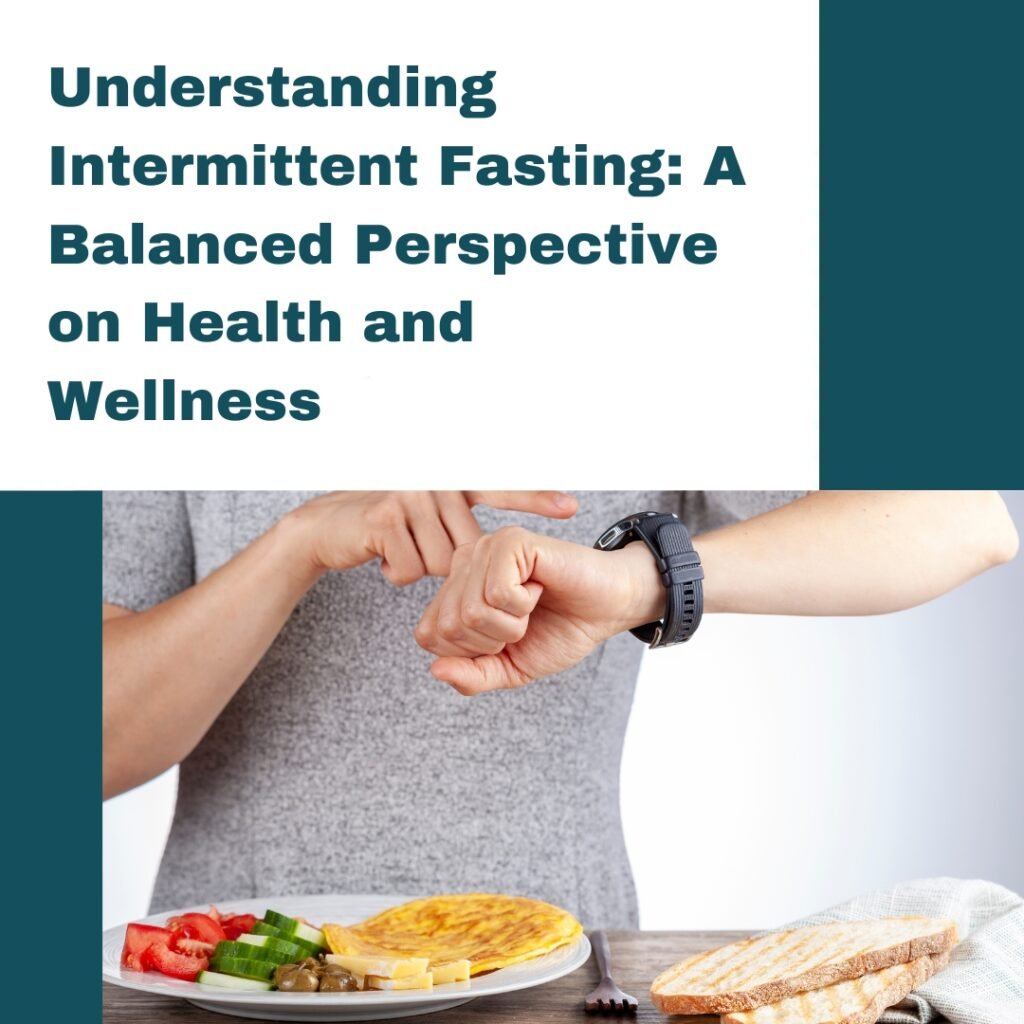Intermittent fasting (IF) has garnered attention as a trend in weight management and overall health. It emphasizes when to eat rather than what to eat, offering potential benefits but also carrying risks. This balanced guide explores the advantages and disadvantages of intermittent fasting, helping you make an informed decision about whether it suits your lifestyle and health goals.
What is Intermittent Fasting?
Intermittent fasting involves alternating between periods of eating and fasting. Popular methods include:
- The 16/8 Method: A daily routine of fasting for 16 hours and eating during an 8-hour window.
- The 5:2 Method: Eating normally for five days and restricting calorie intake (500-600 calories) on two non-consecutive days.
- Eat-Stop-Eat: Fasting for 24 hours once or twice a week.
While these methods seem simple, the experience of fasting may vary greatly from person to person.
Health Benefits of Intermittent Fasting
- Weight Loss: Reducing the eating window can naturally limit calorie intake, promoting fat burning and weight loss.
- Improved Insulin Sensitivity: Fasting periods can lower insulin levels, which may reduce the risk of type 2 diabetes.
- Cellular Repair: Fasting promotes autophagy, a process linked to longevity and reduced disease risk.
- Heart Health: Some studies suggest fasting may lower blood pressure, cholesterol levels, and inflammation.
- Mental Clarity: IF can boost cognitive function by increasing brain-derived neurotrophic factor (BDNF).
Potential Negative Impacts of Intermittent Fasting
While intermittent fasting has its proponents, it is not without risks or downsides.
- Hunger and Irritability: Extended fasting periods can lead to intense hunger, irritability, and mood swings, making it difficult to sustain.
- Nutritional Deficiencies: Restricting eating windows can result in insufficient intake of essential nutrients if not planned carefully.
- Disordered Eating Patterns: IF may trigger unhealthy eating behaviors, especially for individuals with a history of eating disorders.
- Reduced Energy Levels: Fasting may lead to fatigue, dizziness, or difficulty concentrating, particularly for those with demanding physical or mental tasks.
- Potential for Overeating: Fasting periods can lead to binge eating during feeding windows, negating any calorie reduction benefits.
- Disruption of Social Life: The rigidity of fasting schedules can interfere with social activities, family meals, or cultural traditions.
- Hormonal Imbalances: Prolonged fasting might disrupt hormonal health, particularly in women, affecting menstrual cycles or fertility.
- Not Suitable for Everyone: Pregnant or breastfeeding women, children, and those with certain medical conditions should avoid IF due to potential health risks.
Who Should Avoid Intermittent Fasting?
While intermittent fasting offers numerous health benefits, it may not be suitable for everyone. Pregnant or breastfeeding women, children, and individuals with certain medical conditions (e.g., eating disorders or diabetes) should consult a healthcare professional before starting an intermittent fasting regimen.
Conclusion
Intermittent fasting can be a powerful tool for weight management, improved metabolic health, and enhanced overall well-being. However, like any lifestyle change, it’s important to approach it with balance and care. By listening to your body, staying hydrated, and focusing on nutritious foods, you can unlock the many potential benefits of intermittent fasting and improve your quality of life. Visit FitandCure to learn more about how intermittent fasting and personalized nutrition plans can transform your health journey.


